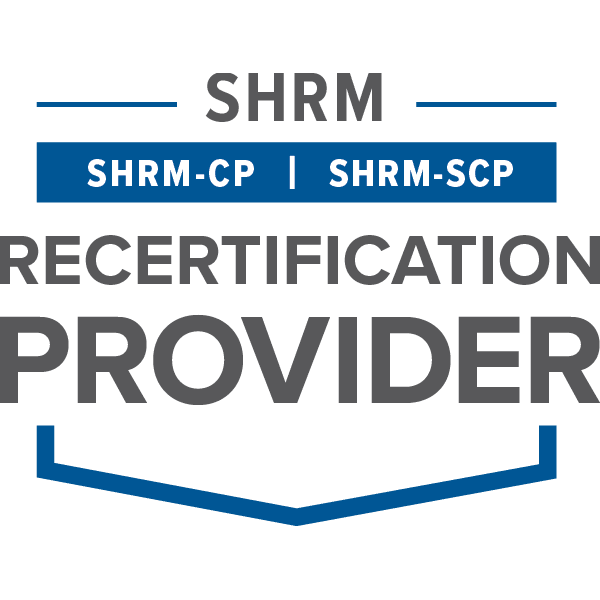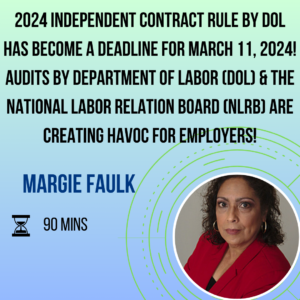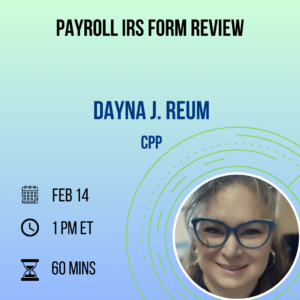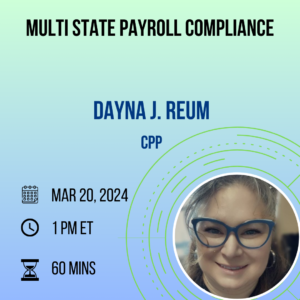Marketing and Empathy Psychology
The DOL Predicts that the Overtime Rule would be Launched in April 2024! Employers Need to Prepare for Compliance!
1.5 SHRM-approved credit
By - Margie Faulk
Lorem ipsum dolor sit amet, consectetur adipiscing elit. Ut elit tellus, luctus nec ullamcorper mattis, pulvinar dapibus leo.
- 06 Aug - 21 Oct 2022
- 10:00 - 12:00
- April 10, 2024 | Available all day |
- 90

 This program offers 1.5 SHRM-approved credits.
This program offers 1.5 SHRM-approved credits.
Free Customized Compliance Tools for All Attendees
Unified Agenda of Federal Regulatory and Deregulatory Actions is a semiannual compilation of information about regulations under development by federal agencies, published in the spring and fall.
The government’s fall regulatory agenda just dropped. Highlights include overtime regulations slated for April 2024.
The DOL plans to finalize updates to the executive, administrative and professional exemption for overtime pay under the Fair Labor Standards Act.
- Increase the salary threshold for overtime exemptions from $684 per week ($35,568 annually for a full-year worker) to $1,059 per week ($55,068 annually for a full-year worker). The increase reflects the 35th percentile of weekly earnings of full-time salaried workers in the lowest-wage census region (currently the South).
- Increase the salary threshold for highly compensated employees from $107,432 annually to $143,988 annually. The increase reflects the earnings of the 85th percentile of full-time salaried workers nationally.
- Implement automatic increases every three years to all salary thresholds.
The sizable hike means that, if the rule goes into effect as proposed, employers may have many employees whose salary falls between the current threshold and the proposed new threshold, Coburn noted. Employers “will have to decide whether to increase the salaries for those employees to get them up over the new salary threshold, or to convert the employees to nonexempt and start paying them overtime.
In addition to being a costly proposed rule for businesses, there might be nonmonetary impacts on employees whose salary is between the current threshold and the proposed new one.
Based on the Regulatory Agenda highlights, DOL plans to move swiftly through regulations now that the Comments Period (11/7/23) has closed. The DOL is required to take each comment into account and then determine whether to adjust the proposed rule before it becomes final. The agency will then issue a final rule taking the comments into account, and it will then take effect within a few weeks of the final proposal being issued. Employers must start preparing for what could be big changes to your compensation plans.
Now is the time for Employers to make preparations for this impactful process.
- Learn why Employers should learn to review the Federal Regulatory Agendas for what will priorities are trending toprepare for any items.
- Learn what the highlights mean to the launching date of April 2024
- Learn what the DOL proposal includes and who it impact more.
- Learn how long Employers have to make changes.
- Learn how Employers can proactively impact the proposed decision.
- Learn what communication details can effectively and positively impact newly non-exempt employees.
- Learn how job responsibilities determine classification, not job titles.
- Learn how to comply without the risk of a decrease in staff morale, increase in turnover, decrease in retention, and removal of benefits.
- Learn how the automatic updates in salary threshold according to the consumer price index (CPI) can impact ongoing budget losses.
- Learn how employers should confirm the duties tests before making negative decisions.
- Learn how the Executive Exemption, Administrative Exemption, and Professional Exemptions can confuse the Employer’s judgment on exempt and non-exempt employees.
- Learn how Employers can use the Fair Labor Standards Act to prepare for identifying the proper compliance guidelines.
- Learn what resources Employers can use to mitigate the negative response by employees.
- Learn what Employers need to do to determine how state overtime regulations impact federal regulations and which supersedes them.
Why to Attend?
Employers should learn that the previous overtime increase created severe complications regarding communications to impacted employees, a decrease in staff morale for those who believed that it was a demotion, loss of benefits when they decided to reduce hours, and costs, challenges with job descriptions and expected impact in Employer’s budget. It led to an increase in turnover and a decrease in retention.
Employers can take the time to review and prepare for setting guidelines on how they communicate the impact to employees, make effective decisions on how to cut costs without reducing employee hours or benefits, and develop a training program for managers and newly non-exempt employees.
Who Should Attend?
- All Employers
- Business Owners
- Company Leadership
- Compliance professionals
- Payroll Administrators
- HR Professionals
- Managers/Supervisors
- Employers in all industries
- Small Business Owners
Vulputate eros arcu magnis donec sem pretium scelerisque a etiam. Eros aliquam elit si mattis phasellus at orci letius ligula posuere. Sodales maecenas facilisis diam egestas dictumst si fames mus fermentum conubia curabitur. Ornare nisi consectetur semper justo faucibus eget erat velit rhoncus morbi.
Speaker Detail

Margie Faulk
Margie Faulk is a senior-level human resources professional with over 15 years of HR management and compliance experience. A current Compliance Advisor for HR Compliance Solutions, LLC, Margie, has worked as an HR Compliance advisor for major corporations and small businesses in the small, large, private, public and Non-profit sectors. Margie has provided small to large businesses with risk management strategies that protect companies and reduce potential workplace fines and penalties from violation of employment regulations. Margie is bilingual (Spanish) fluent and Bi-cultural. Margie’s area of expertise includes Criminal Background Screening Policies and auditing, I-9 document correction and storage compliance, Immigration compliance, employee handbook development, policy development, sexual harassment investigations/certified training, SOX regulations, payroll compliance, compliance consulting, monitoring US-based federal, state and local regulations, employee relations issues, internal investigations, HR management, compliance consulting, internal/external audits, and performance management. Margie is a speaker and accomplished trainer and has created and presented compliance seminars/webinars for over 16 US and International compliance institutes. Margie has testified as a compliance subject matter expert (SME) for several regulatory agencies and against regulatory agencies, thank goodness not on the same day. Margie offers compliance training to HR professionals, business owners, and leadership to ensure compliance with workplace regulations. Margie’s unique training philosophy includes providing free customized tools for all attendees. These tools are customized and have been proven to be part of an effective risk management strategy. Some of the customized tools include the I-9 Self Audit. Correction and Storage program, Ban the Box Decision Matrix Policy that Employers can provide in a dispute for allegations, Family Medical Leave Act (FMLA) Compliance Guide, Drug-Free Workplace, Volatile Termination E-Book, and other compliance program tools when attendees register and attend Margie’s training. Margie holds professional human resources certification (PHR) from the HR Certification Institution (HRCI) and SHRM-CP certification from the Society for Human Resources Management. Margie is a member of the Society of Corporate Compliance & Ethics (SCCE).
Webinar Information
- Duration : 90
- Date: April 10, 2024 | Available all day
- 06 Aug - 21 Oct 2022
- 10:00 - 12:00
- Jakarta, Indonesia
Share this event







